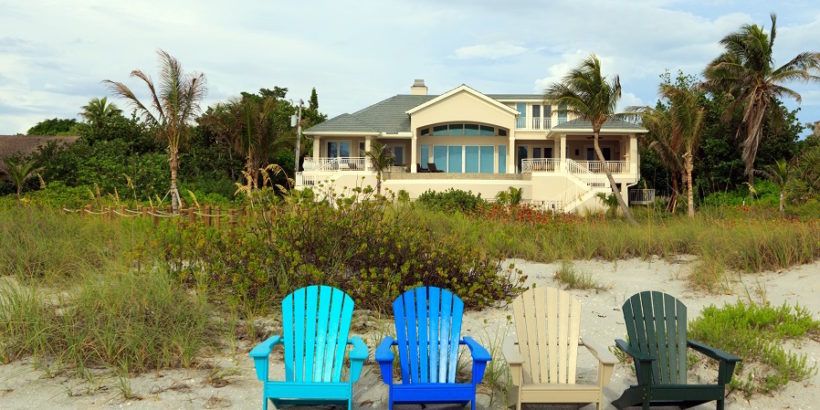A financial adviser reached out to me the other day regarding a “curious conversation” she had with a married couple about the sale of their vacation home and its subsequent impact on their Social Security benefits.
“A husband and wife, currently age 73 and 69, respectively, sold a vacation property in 2018,” the adviser wrote in an email. They are both collecting Social Security benefits.
“The Social Security Administration sent them a letter saying their income was too high and that their Social Security benefits would be reduced in 2020 for one year,” the adviser wrote. “I’ve never heard of this before. What is the basis for this reduction and is there a way to avoid it in the future?”
Advertisement
[More: Medicare and health savings accounts don’t mix]
Technically, their Social Security benefits were not reduced. But their Medicare premiums, which are deducted directly from their monthly Social Security benefits, were increased because of their higher income. That resulted in a smaller net Social Security benefit.
Medicare has several parts. Part A covers hospitalization and is premium-free for most beneficiaries who paid FICA payroll taxes throughout their careers. Part B covers doctors fees and outpatient services and has a premium that is deducted directly from monthly Social Security for those who have filed for benefits or paid directly to Medicare each quarter for those not yet collecting Social Security.
Most retirees pay the standard part B premium, which is $144.60 per month in 2020. But about 5% of high-income retirees pay more.
If your modified adjusted gross income is above a certain amount, you may pay a monthly high-income surcharge, officially known as an income-related monthly adjustment amount, or IRMAA. Medicare uses the income reported on your federal tax return from two years ago, which is the most recent tax return information provided to Social Security by the IRS. MAGI consists of your adjusted gross income plus any tax-exempt interest.
Individuals with a MAGI of $87,000 or less in 2018, and married couples with a MAGI of $174,000 or less in 2018, pay the standard monthly Medicare Part B premium of $144.60 per month per person in 2020. People with incomes above those thresholds pay the standard monthly Part B premium plus a high-income surcharge, ranging from $57.80 per month to $347 per month. Premiums and surcharges are applied per person so married couples pay twice as much based on their joint income.
IRMAA thresholds are “cliff brackets,” meaning that if a client’s income exceeds the income bracket by even one dollar, they would be pushed into the next-higher surcharge level for the entire year.
The income thresholds that determine who pays the Medicare surcharges had been fixed since 2011. As a result, a growing share of beneficiaries had been subject to the income-related premiums over this time period.
But in 2020 and subsequent years, the income thresholds will be indexed to general price inflation, except for the top-level income thresholds of $500,000 for individuals and $750,000 for married couples filing jointly that were added in 2019. Those top tiers will be indexed to inflation starting in 2028.
In some cases, clients can appeal a Medicare premium surcharge if they have experienced a life-changing event that caused their income to decrease or if they can prove the income information that Social Security used to determine the IRMAA premium is incorrect or outdated.
Social Security considers any of the following situations to be life-changing events: the death of a spouse; marriage, divorce or annulment; retirement or reduced work hours for one or both spouses; loss of income-producing property due to natural disaster; or loss of a pension.
However, a one-time boost in income as the result of the sale of a vacation home, a large portfolio distribution or a Roth IRA conversion would not qualify as a life-changing event and would boost the clients’ Medicare premium for at least a year. If the clients’ income subsequently declined, so would their Medicare premiums two years later.
In most cases, the sale of a primary residence would not impact Medicare premiums of up to $250,000 of net profit for a single homeowner or up to $500,000 of net profit for married couples are excluded form taxable income.
Clients can also make a case that Social Security used outdated or incorrect information when calculating their Medicare premium surcharge if they filed an amended tax return with the IRS or have a more recent tax return that shows they are receiving a lower income than previously reported.
To request a new initial determination, clients must submit a Medicare IRMAA life-changing event form or schedule an appointment with Social Security. They will need to provide documentation of either their correct income or the life-changing event that caused their income to decline. Instructions on how to appeal are listed on the IRMAA determination letter. The nonprofit Medicare Rights Center offers a free downloadable guide that helps financial advisers assist their clients to appeal Medicare premium surcharges.



